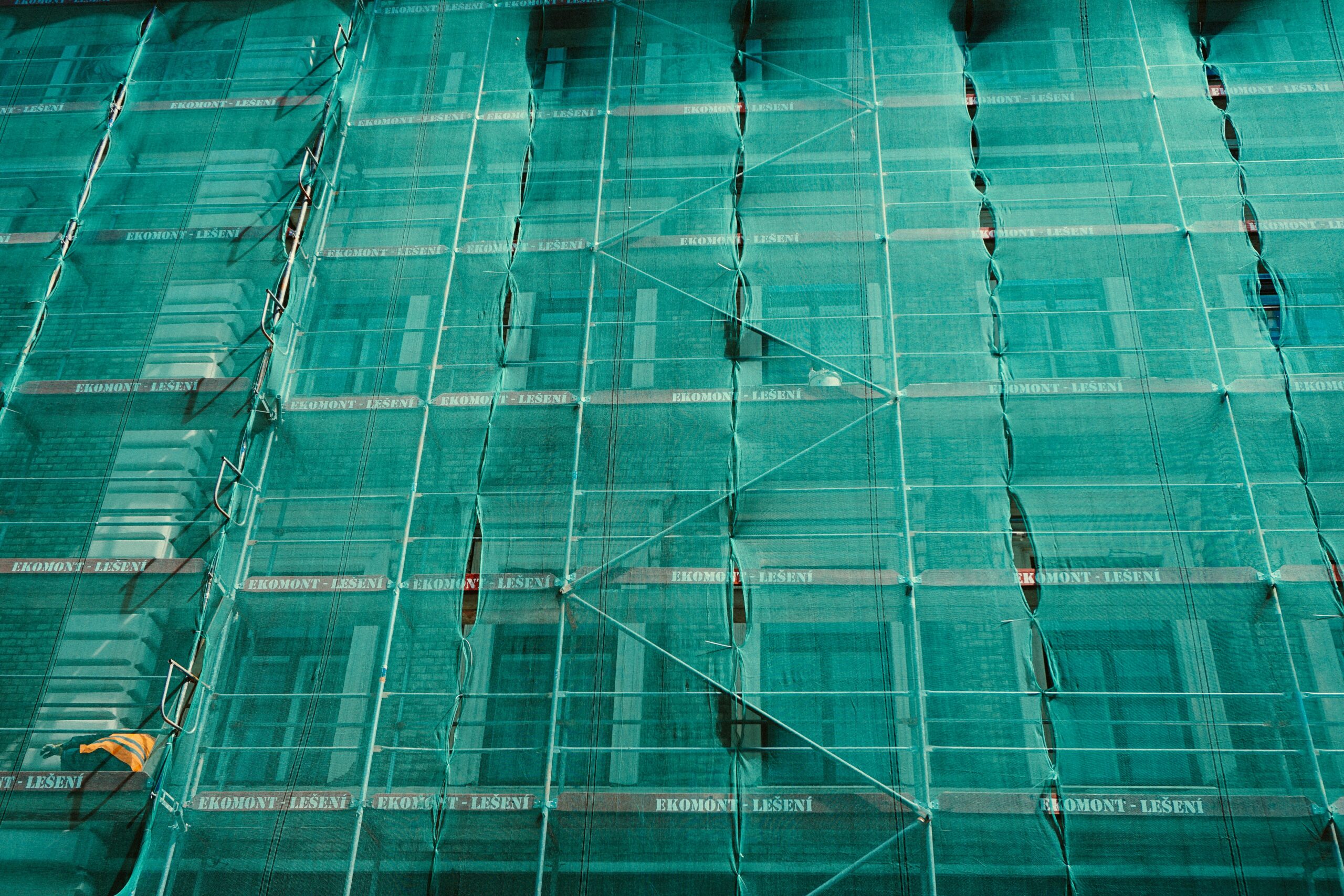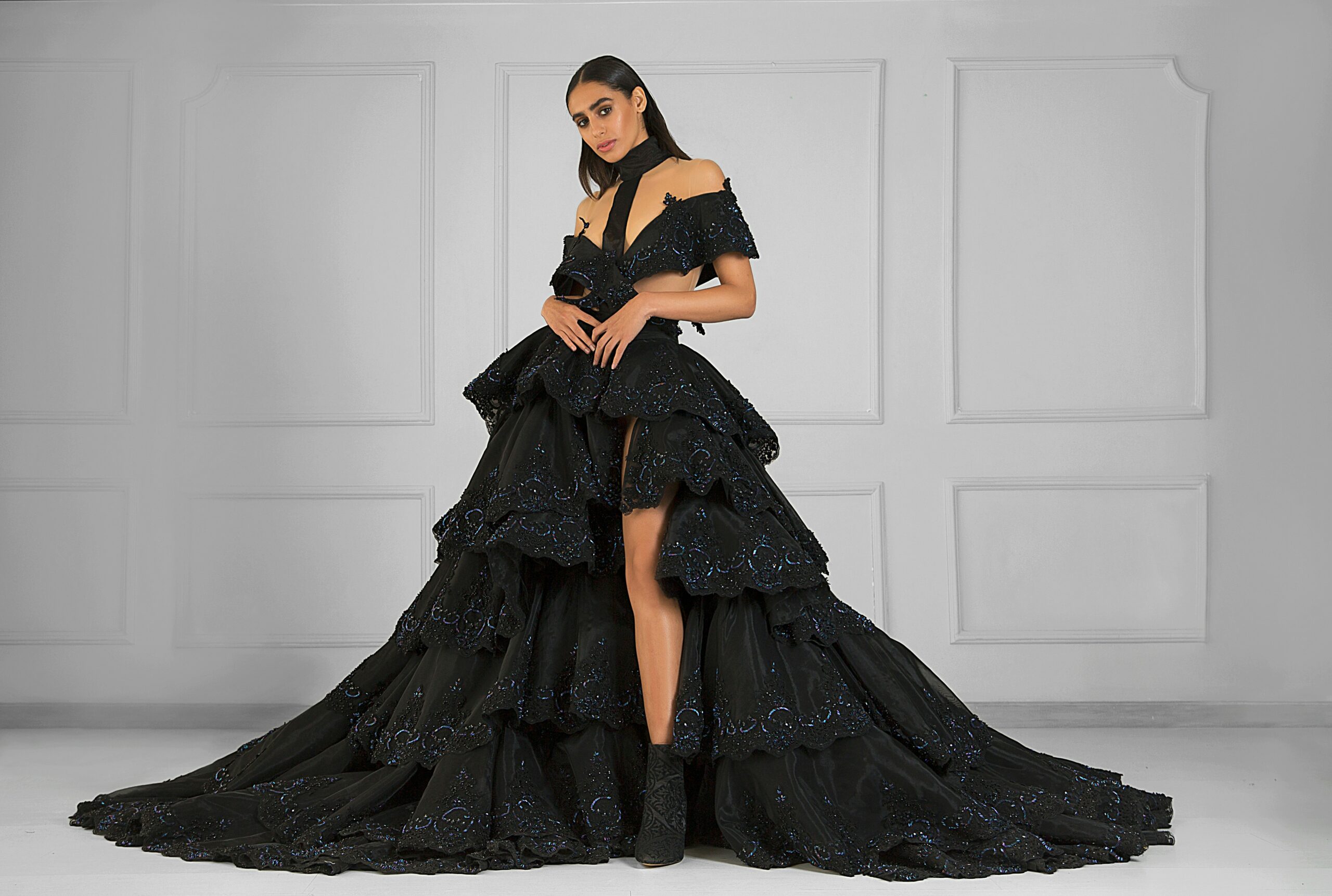Vukkuibaure is not just a word; it’s a vibrant tapestry of culture, history, and storytelling. Nestled deep within its practices are traditions that have been passed down through generations, each telling tales that resonate with the essence of community and identity. As we delve into this rich cultural landscape, prepare to uncover the layers of rituals, beliefs, and folklore that define Vukkuibaure. From spirited festivals to age-old myths, each element plays a pivotal role in weaving together the fabric of this unique heritage. Join us on this journey as we explore what makes Vukkuibaure so significant—a treasure trove waiting to be discovered!
The History and Origins of Vukkuibaure
Vukkuibaure traces its roots deep into the heart of indigenous culture. This vibrant tradition emerged from a tapestry of ancient beliefs and practices, woven together over centuries.
Historically, Vukkuibaure was more than just a cultural expression; it served as a means of preserving community identity. Elders played pivotal roles in passing down stories and rituals that defined their way of life.
Archaeological evidence suggests that early practitioners engaged in specific rites tied to agriculture and seasonal changes. These actions reflected their connection to nature and reverence for the land.
As time progressed, the significance of Vukkuibaure evolved but remained steadfastly anchored in its origins. It became a symbol of resilience against external influences while celebrating uniqueness within the broader cultural landscape. Each song, dance, and ritual holds echoes from days long past, reminding communities of where they came from.
Traditional Practices and Beliefs in Vukkuibaure Culture
Traditional practices in Vukkuibaure are deeply rooted in the community’s connection to nature. Elders pass down wisdom through stories and rituals, emphasizing respect for the environment.
Ceremonial dances play a crucial role during important gatherings. These vibrant displays connect participants with their ancestors while fostering unity among families. Each dance has its own meaning, often linked to seasons or harvests.
Spiritual beliefs are woven into daily life as well. Many individuals seek guidance from local shamans who interpret dreams and provide counsel on personal matters. This practice reinforces communal bonds and spiritual health.
Ritual offerings made at sacred sites reflect gratitude to deities for blessings received throughout the year. Such acts ensure that traditions remain alive, allowing each generation to partake in time-honored customs that define their identity within Vukkuibaure culture.
Important Festivals and Rituals in Vukkuibaure
Vukkuibaure is a tapestry of vibrant festivals and rituals that reflect its rich cultural heritage. Each celebration tells a story, weaving together the past and present.
One notable festival is the Harvest Festival. This event marks the end of the agricultural season, where locals come together to express gratitude for bountiful crops. Traditional dances fill the air with rhythm as colorful costumes showcase local artistry.
Another significant ritual is the Water Blessing Ceremony, held at sacred water bodies. Community members gather to cleanse themselves spiritually while invoking blessings for health and prosperity.
The Night of Ancestors celebrates connections across generations. Families honor their forebears through storytelling, ensuring that cherished tales are passed down.
These events not only strengthen community bonds but also serve as vital links to Vukkuibaure’s history and identity.
Folklore and Mythology in Vukkuibaure Tales
Vukkuibaure is rich in folklore and mythology, weaving tales that echo through generations. These stories often feature heroic figures, mystical creatures, and moral lessons that resonate deeply with the community’s values.
One popular legend tells of a brave warrior who faced an ancient serpent to protect his village. This tale serves as a reminder of courage in the face of adversity. It inspires young listeners to embrace bravery in their own lives.
Another captivating story involves nature spirits protecting sacred groves. Villagers believe these spirits ensure bountiful harvests if treated with respect and reverence. Such narratives reinforce the importance of harmony between humans and nature.
The vibrant storytelling tradition continues today, with elders passing down these enchanting tales around evening fires. Each retelling breathes new life into old legends while preserving the essence of Vukkuibaure culture for future generations.
Modern Adaptations and Preservation of Vukkuibaure Culture
Modern adaptations of Vukkuibaure culture are fascinating to observe as younger generations embrace both tradition and innovation. Cultural festivals now incorporate contemporary art, music, and digital storytelling, creating a vibrant blend of old and new.
Community workshops have emerged, where artisans teach traditional crafts alongside modern techniques. This fosters creativity while ensuring that age-old skills are not lost to time.
Social media plays a crucial role in preservation efforts. Platforms showcase Vukkuibaure stories and practices to a global audience, sparking interest among those outside the culture.
Youth-led initiatives focus on environmental sustainability rooted in traditional beliefs. These projects connect cultural identity with pressing global issues like climate change.
Through these modern adaptations, the essence of Vukkuibaure remains alive while evolving into something accessible for all ages. The future looks bright as traditions find relevance in today’s world without losing their unique charm.
Impact of Westernization on Vukkuibaure Traditions
Westernization has woven its way into the fabric of Vukkuibaure culture, bringing both change and challenge. Traditional practices that once thrived are now intertwined with modern influences.
Young people often find themselves torn between their cultural heritage and contemporary lifestyle choices. As global trends sweep across communities, traditional attire is traded for Western fashion, leading to a gradual shift in identity.
Festivals that were once vibrant celebrations may now be overshadowed by commercialized events influenced by foreign customs. The essence of these gatherings risks dilution as they adapt to attract younger audiences.
Despite these shifts, there is a resilient spirit among those who strive to preserve their traditions. Workshops and community events dedicated to teaching Vukkuibaure customs show that dedication remains strong amidst external pressures. This fusion creates an evolving narrative rather than a complete loss of tradition.
Conclusion
The cultural landscape of Vukkuibaure is rich and vibrant. Its traditions weave a tapestry that reflects the beliefs, values, and stories passed down through generations.
As modern influences continue to shape societies globally, the essence of Vukkuibaure remains resilient. The community strives not only to preserve its heritage but also to adapt it in meaningful ways.
Through festivals, storytelling, and rituals, the spirit of this culture thrives. Each practice offers insight into a world filled with depth and significance.
Exploring Vukkuibaure invites us to appreciate diversity. It reminds us that each tradition carries its unique weight in shaping human experience across time and space.
Participation in or appreciation for these customs can lead to greater understanding among cultures—an essential step towards unity in our increasingly interconnected world.
FAQ’s
What does Vukkuibaure mean?
Vukkuibaure refers to a unique cultural practice characterized by specific rituals and beliefs rooted deeply in community values. It embodies more than just customs; it’s a way of life for many.
Where did the traditions begin?
The origins of Vukkuibaure can be traced back centuries. These practices evolved through generations, influenced by historical events and interactions with other cultures while maintaining their distinct identity.
What are some common festivals celebrated within Vukkuibaure?
Several vibrant festivals showcase the essence of Vukkuibaure culture. These celebrations often include traditional dances, music performances, and communal feasts that bring people together in unity.
How do modern adaptations affect Vukkuibaure culture?
Modern adaptations have introduced new elements while preserving essential aspects of Vukkuibaure. Many young individuals are finding innovative ways to connect with their heritage using technology without losing sight of traditional values.
Is Westernization impacting Vukkuibaure traditions?
Yes, Western influences have led to changes in certain practices within the community. However, many members actively work towards preserving their unique identity amidst globalization’s reach.











